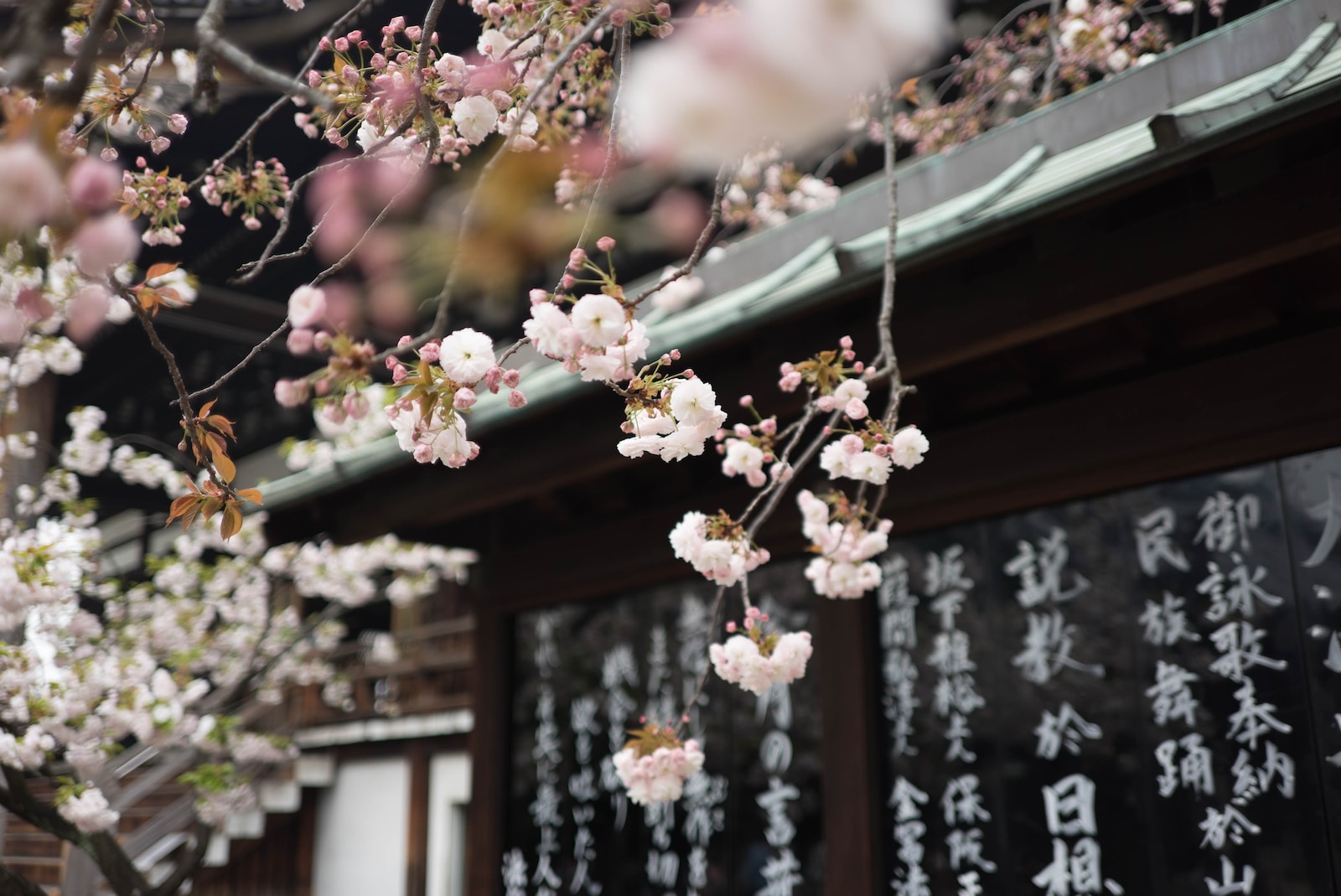Japan is a popular tourist destination that offers a unique cultural experience for travelers.
However, when booking accommodations in Japan, there are some differences that visitors from other countries may need to be more familiar with.
One of these differences is that some Japanese hotels charge per person rather than per room.
This can surprise travelers who are used to paying a flat rate for their hotel room, regardless of how many people are staying in it.
Do Japanese Hotels Charge Per Person?
In Japan, hotels often have a unique pricing system that may differ from what travelers are used to in other parts of the world.
One question frequently arises among tourists is whether Japanese hotels charge per person or per room.
The answer to this question is that it can depend on the specific hotel and its policies.
In some cases, hotels in Japan may charge per person, while others may charge per room regardless of the number of occupants.
Understanding the pricing system of Japanese hotels can be important for budgeting and planning your trip.
Do hotels charge extra per person?
Many hotels worldwide charge extra fees for additional guests in a room.
This is typically done to cover the additional costs of providing more bedding, towels, toiletries, and the added wear and tear on the room.
However, the exact policies can vary depending on the hotel, so it’s always best to check with the specific hotel you plan to stay at to see their policies and pricing.
Additionally, some hotels may have different rates for adults versus children, so clarifying any additional fees before making a reservation is important.
How do you pay for hotels in Japan?
In Japan, hotels typically accept payment in cash or by credit card.
Some hotels may also accept payment by electronic money or prepaid cards, such as Suica or Pasmo.
Additionally, some hotels may require a deposit or pre-payment when booking.
It is always a good idea to check their accepted payment methods with the hotel in advance.
How much does it cost to stay at a Japanese Inn?
The cost of staying at a Japanese Inn, also known as a Ryokan, can vary depending on location, season, room type, and the included amenities.
Generally, a stay at a Ryokan can range from 10,000 yen (approximately $90 USD) to over 50,000 yen (approximately $450 USD) per person per night.
Some Ryokans also offer multi-course meals and hot spring baths, which can add to the cost of the stay.
Researching and comparing different Ryokans is important to find the best option for your budget and preferences.
Can you put 5 people in a 4-person hotel room?
Putting more people in a hotel room than the maximum occupancy listed by the hotel is generally not recommended.
This is for several reasons, including safety regulations and guests’ comfort.
Additionally, hotels may charge extra fees or even refuse service to guests who exceed the maximum occupancy of their rooms.
It is important to check with the hotel in advance to ensure you have enough space for your group and avoid any additional charges or complications.
Are Japanese love hotels expensive?
Japanese love hotels can range in price depending on the location, amenities, and time of day.
Generally, they are not significantly more expensive than regular hotels in Japan and can often be found at similar or lower rates.
However, prices may be higher during peak times or holidays.
It’s important to note that love hotels are designed for short-term stays, typically a few hours, and are not meant for overnight stays.
Can two adults stay in a hotel room?
Yes, two adults can stay in a hotel room.
Hotel rooms are generally designed to accommodate two adults, and some rooms may also have the option to add a rollaway bed or a sofa bed for additional guests.
However, it’s always best to check with the hotel beforehand to ensure the room accommodates your needs.
What is the dress code in Japan for tourists?
In Japan, there is no specific dress code for tourists, but it is generally recommended to dress conservatively, especially when visiting religious or cultural sites.
It is also common for people to dress more formally for business meetings or formal events.
While casual clothing such as jeans and t-shirts are acceptable in most settings, it is advised to avoid overly revealing or offensive clothing, which can be disrespectful.
Additionally, removing your shoes when entering private homes, traditional inns, and some restaurants is customary.
Overall, it is recommended to dress modestly and respectfully to show consideration for Japanese culture and customs.
Do they speak English at Japanese hotels?
Many hotels in Japan have staff who speak English, particularly those in major cities and tourist areas.
However, the level of English proficiency can vary depending on the hotel and the staff member you are speaking to.
It is always a good idea to understand Japanese phrases and customs when traveling to Japan, as it can help you communicate more effectively and make your stay more enjoyable.
Some hotels also provide translation services or have multilingual signs and information available to assist guests who need to speak Japanese.
Reference
Booking Hotels in Tokyo: 10 Things to Know Before Making Your Reservation, According to a Japanese Travel Expert | LIVE JAPAN travel guide. (n.d.). LIVE JAPAN. https://livejapan.com/en/in-tokyo/in-pref-tokyo/in-tokyo_train_station/article-a0002129/
Ryokan. (2023, February 4). Ryokan – Traditional Japanese Inns. https://www.japan-guide.com/e/e2029.html
Bendig, E., & K. (2012, September 25). How to Avoid Annoying Hotel Fees: Per Person, Parking and More. Kiplinger.com. https://www.kiplinger.com/article/spending/t059-c011-s001-10-annoying-hotel-fees-and-how-to-avoid-them.html
Accommodation in Japan: Types, Tips & Avoiding Surprises – SNOW MONKEY RESORTS. (2022, September 15). SNOW MONKEY RESORTS. https://www.snowmonkeyresorts.com/plan-your-visit/accommodation-in-japan/

